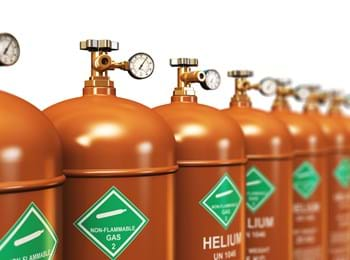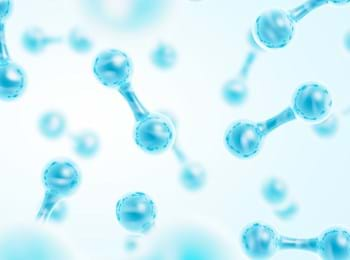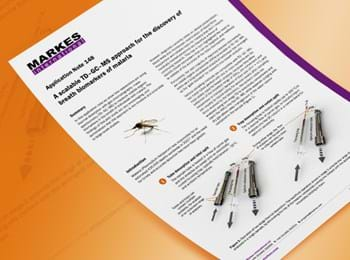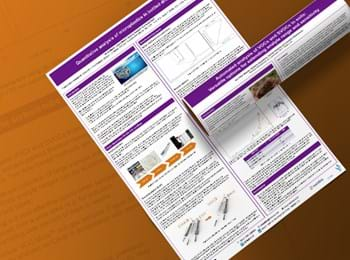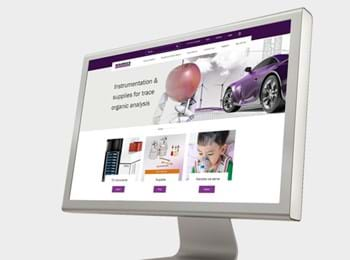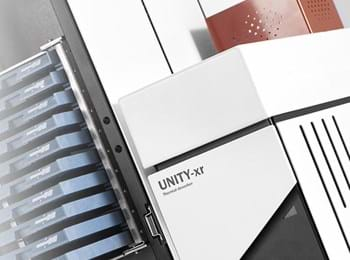
Helium Shortage 4.0: Is hydrogen carrier gas the solution to the GC–MS problem?
Event Overview
 Separation Science, in collaboration with Markes International, offers an on-demand expert discussion event covering why switching from helium to hydrogen carrier gas may offer benefits for TD–GC–MS analysis.
Separation Science, in collaboration with Markes International, offers an on-demand expert discussion event covering why switching from helium to hydrogen carrier gas may offer benefits for TD–GC–MS analysis.
Fluctuating global helium levels are causing problems, such as difficulty sourcing helium and increasing costs, for the many industries that rely on it. Currently, this is having a serious effect on gas chromatography–mass spectrometry users, who use helium as a carrier gas, in many parts of the world. One solution to this problem is switching to an alternative carrier gas.
Alternative carrier gases (nitrogen and hydrogen) are more readily available than helium and can be used with gas chromatographs. However, there has been a barrier to their use in some analytical processes. Thermal desorption instruments, which preconcentrate samples down to a volume that is suitable for injection into the narrow gas chromatograph column, have only been able to run with helium or nitrogen as the carrier gas, but nitrogen is much less efficient than helium. Mass spectrometers have the same issue.
To combat these issues, manufacturers of thermal desorption and mass spectrometry instruments are upgrading to multi-gas systems, which enable analysts to switch between three gases – helium, nitrogen and hydrogen.
In this on-demand presentation and discussion forum, our panel of experts talk about the pros and cons of using hydrogen as an alternative carrier gas and address audience questions.
Presenters & panellists:
 Diane Turner
Diane Turner
Director & Senior Consultant, Anthias Consulting Ltd
Diane has developed methods for, given support and training for companies in most industries around the world for more than 20 years. Diane holds voluntary roles with The Royal Society of Chemistry and other scientific organisations.
 Chris Siegler
Chris Siegler
R&D, Dow Inc.
Chris has worked in R&D for Dow Inc. for 11 years. His focus is in providing analytical expertise and problem-solving capabilities using 1D & 2D chromatography and mass spectrometry techniques across Dow’s R&D and manufacturing businesses.
 Helen Martin
Helen Martin
Thermal Desorption Business Unit Manager, Markes International
Helen oversees R&D, application development and product marketing for the TD instrument range. Before starting her career with Markes, Helen gained a PhD from Loughborough University developing non-invasive sampling strategies for breath, skin and saliva for analysis by TD with GC-MS.
Moderator
 Matthew Klee
Matthew Klee
President, XO Associates LLC
Matthew consults on new technology innovation, strategic and tactical planning, product development, testing, commercialization, and market development. In addition, he develops and delivers general and customized technical training in analytical instrumentation use, method development, optimization, validation, and implementation. Previously, Matthew worked for 23 years in various roles at Agilent Technologies covering R&D, marketing, business development and management.


